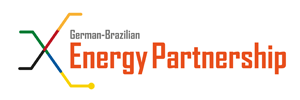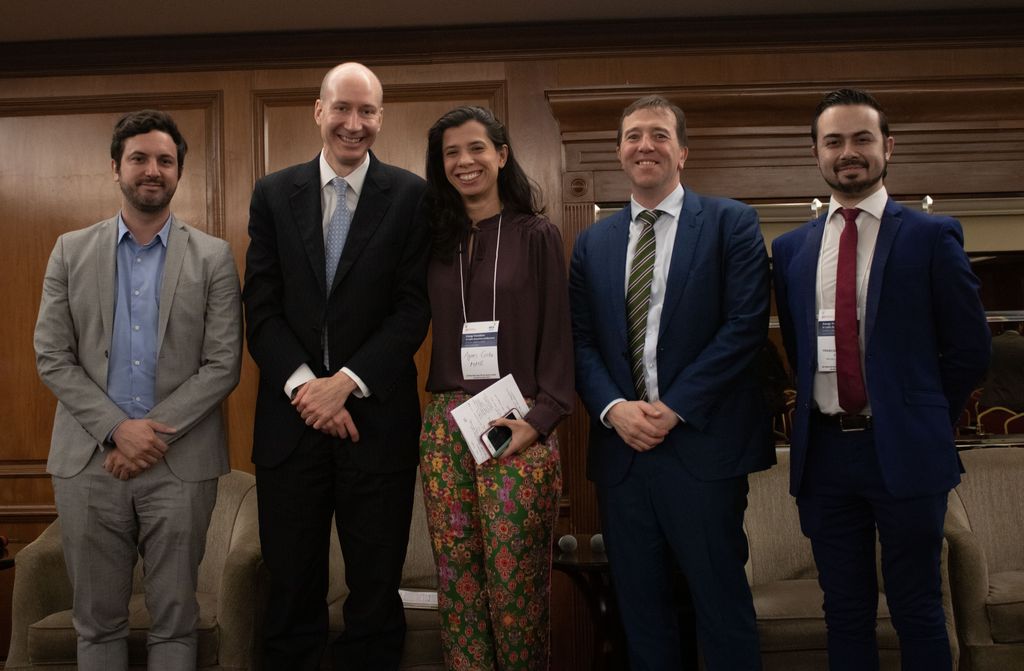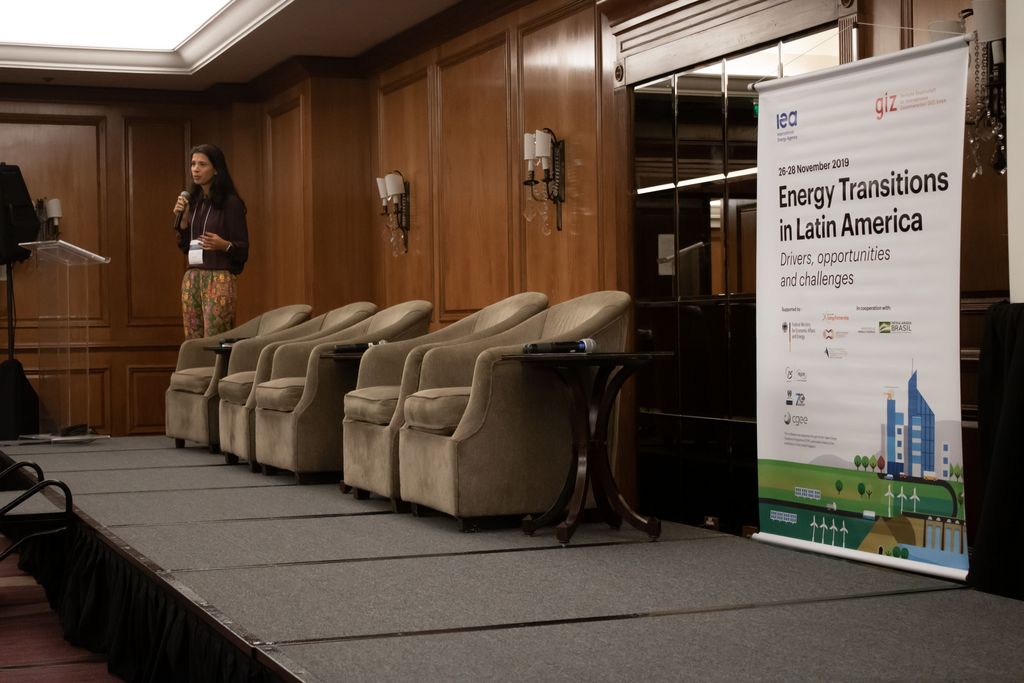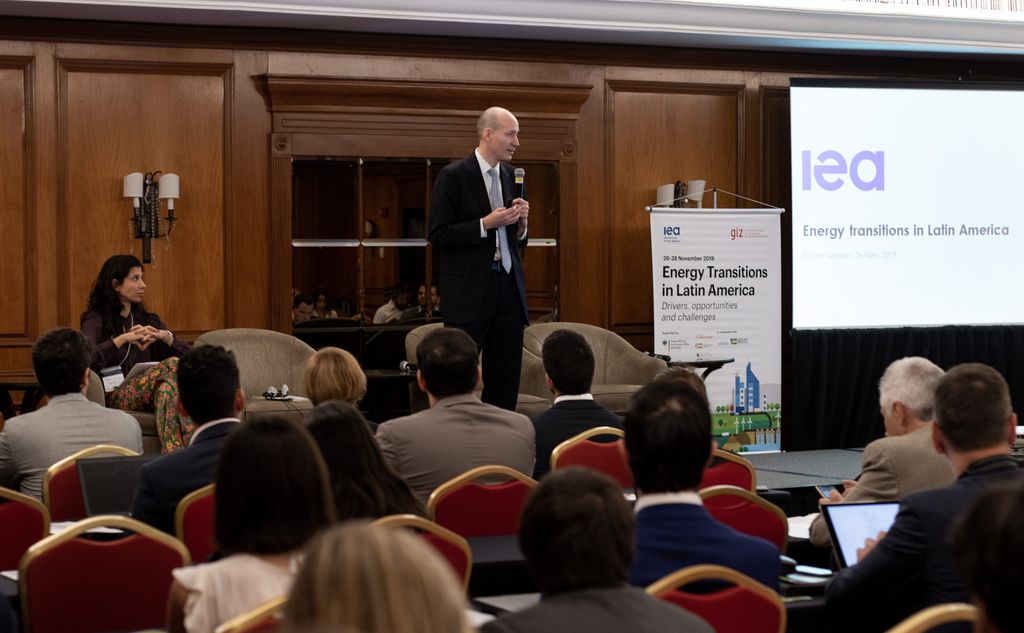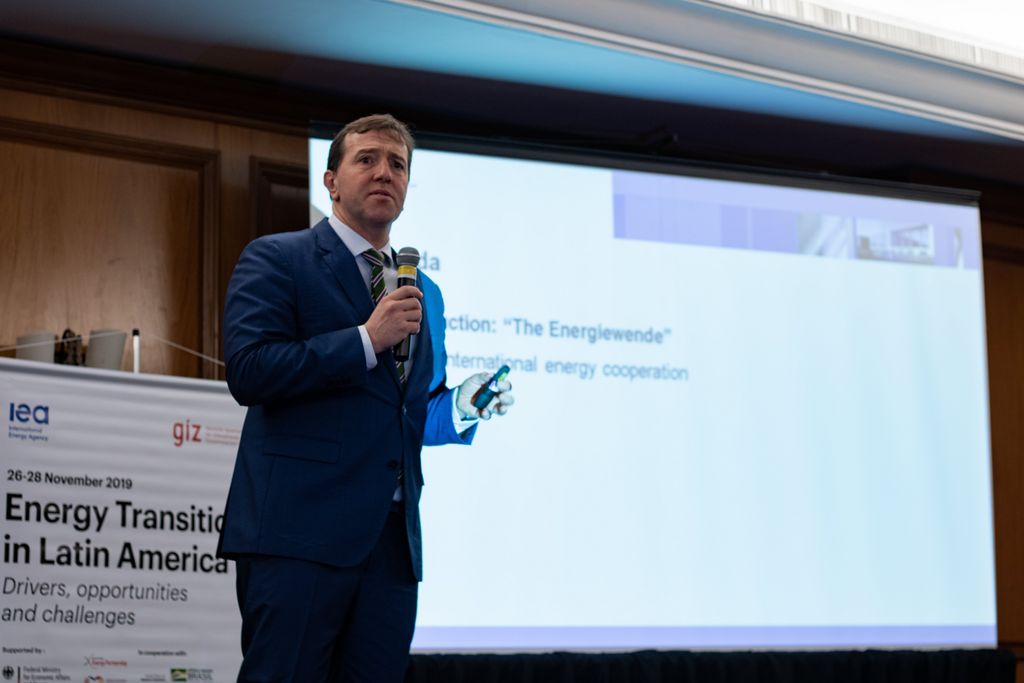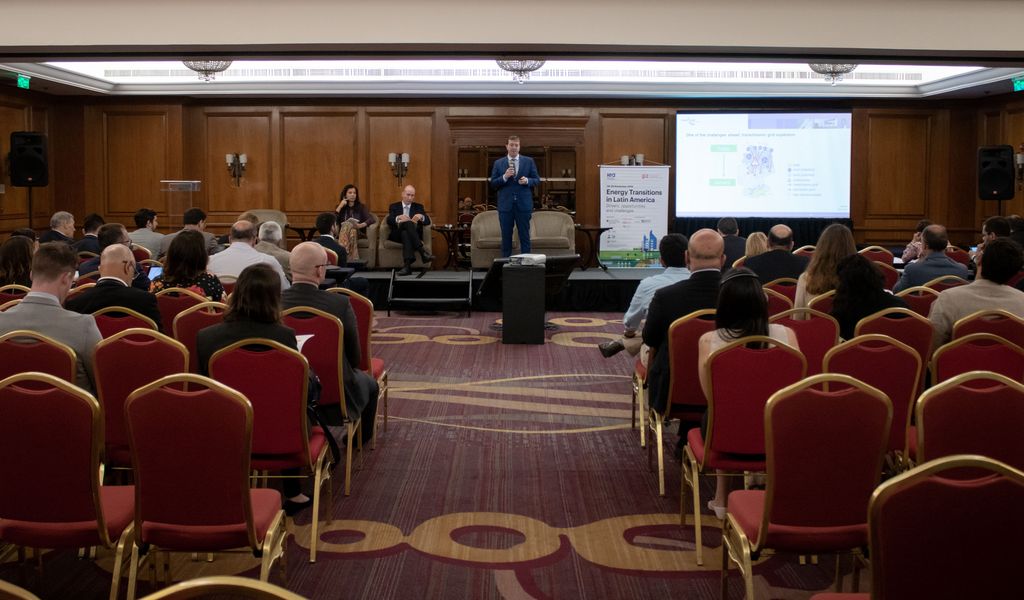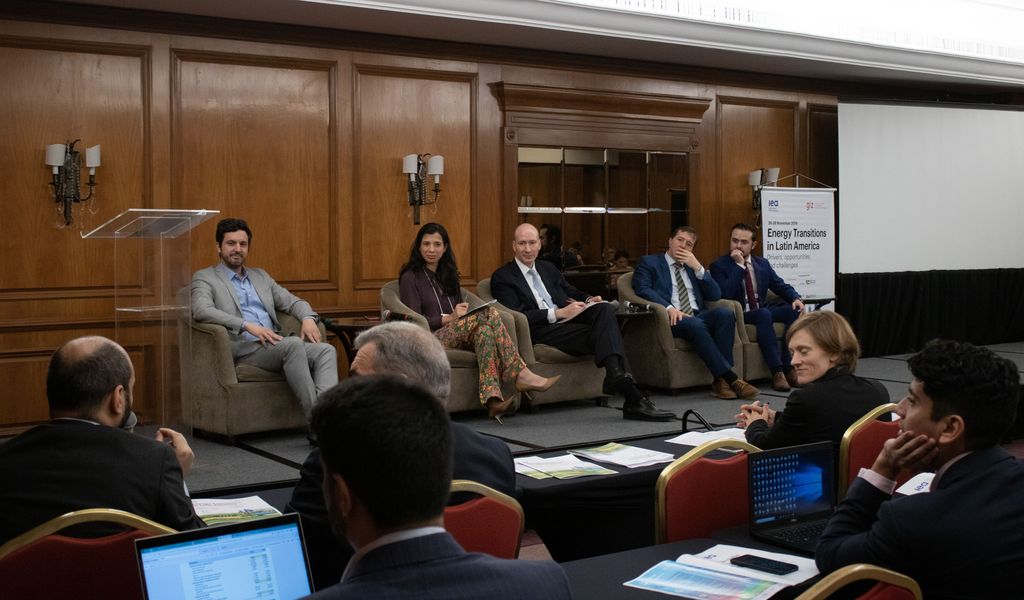Contact
Kristina Kramer
Head of Secretariat
Deutsche Gesellschaft für Internationale Zusammenarbeit (GIZ) GmbH
Head of Secretariat German-Brazilian Energy Partnership
SCN, Quadra 1, Bloco C, Sala 1401
Brasilia, DF
70711-902
☎ +55 61 3033-2865

Stéphanie Gomes
Technical Advisor
Deutsche Gesellschaft für Internationale Zusammenarbeit (GIZ) GmbH
Cooperação Alemã para o desenvolvimento sustentável
SCN, Quadra 1, Bloco C, Sala 1401
Brasilia, DF
70711-902
☎ +55 61 2032-5980

Gabriela Kaya
Technical Advisor
Deutsche Gesellschaft für Internationale Zusammenarbeit (GIZ) GmbH
Cooperação Alemã para o desenvolvimento sustentável
SCN, Quadra 1, Bloco C, Sala 1401
Brasilia, DF
70711-902
☎ +55 61 2101-2170

